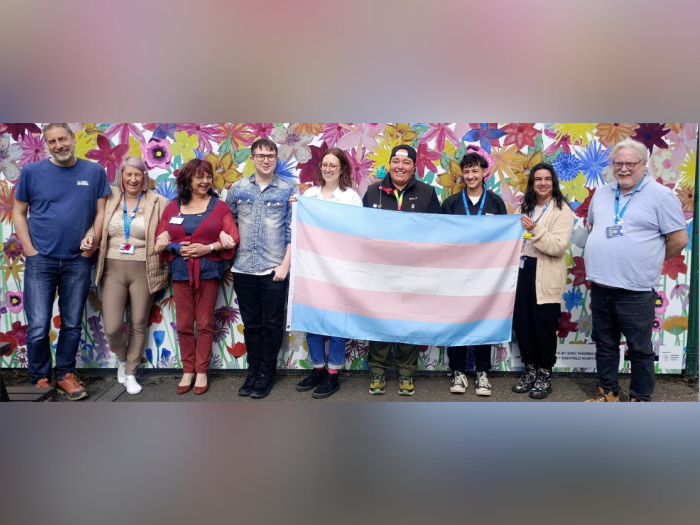A two year initiative to reduce waiting times and improve service user experiences has helped to make a real difference to the people we help.
Launched in July 2023, the waiting less and waiting well quality improvement collaborative brought together different teams from across Sheffield Health and Social Care NHS Foundation Trust. The overall aim of the collaborative was to reduce waiting times for service users by 10%, from referral to first contact, in the nine different teams taking part.
We’re celebrating the improvements those teams have achieved for service users.
The first two teams featured are our Neurological Enablement Service and the Gender Identity Clinic.
